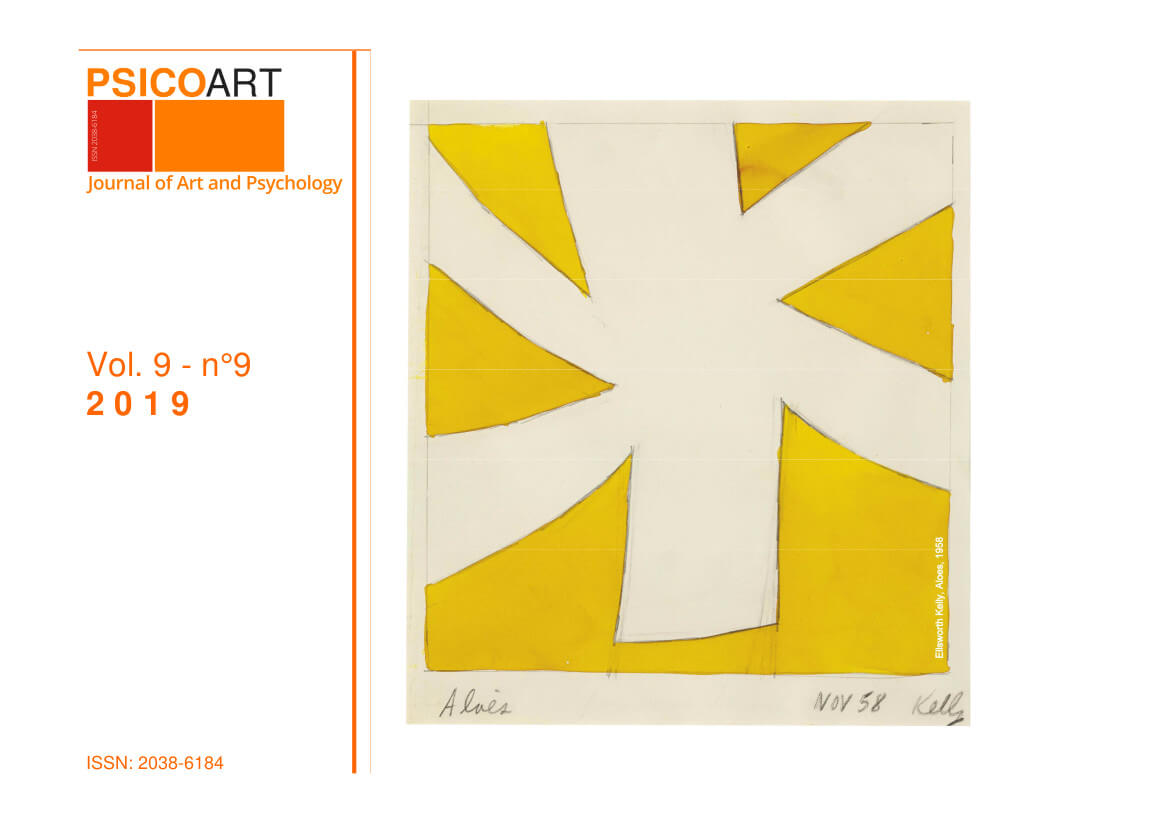Euphoria and melancholy of modernity
DOI:
https://doi.org/10.6092/issn.2038-6184/9737Keywords:
French Literature, Baudelaire, Freud, Nausea, AbsurdAbstract
The starting point is the year of Freud’s birth, 1856, which was also the year in which Les Fleurs du Mal was published, followed by Madame Bovary. Baudelaire and Flaubert, Rimbaud and Mallarmé are clearly conscious of their breach with tradition, even of that with Romanticism. While they declare the need to be “modern”, they claim their ability to change our perspective of reality through literary creation. An unseen formal research comes about, giving form to an experience of fragmentation. In fact, these euphorically characterized lyrics go hand in hand with a new thematization of the problematics of melancholy – the crisis of the subject, the loss of unity, the breaking down of sense - which during the Thirty of the last century would be reworded as Nausea and Absurd (Céline, Lévinas, Sartre, Camus).
Downloads
Published
How to Cite
Issue
Section
License
Copyright (c) 2019 Sandra Teroni
Copyrights and publishing rights of all the texts on this journal belong to the respective authors without restrictions.
This journal is licensed under a Creative Commons Attribution 4.0 International License (full legal code).
See also our Open Access Policy.





